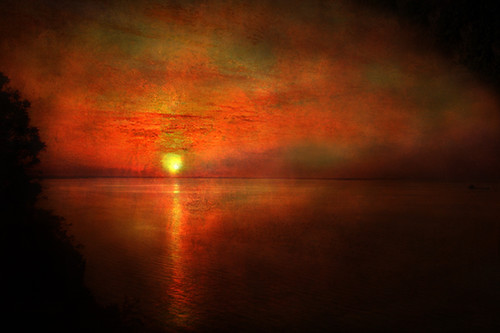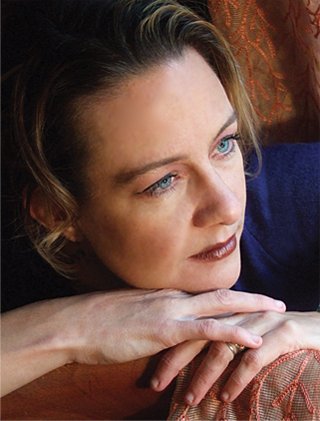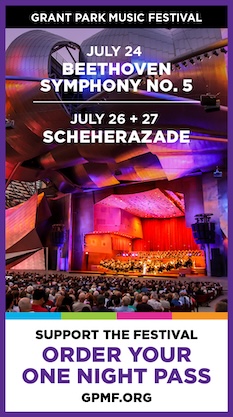Singer, Callisto Ensemble make strong case for Respighi’s neglected vocal music

Ottorino Respighi is best known for his colorful symphonic Roman showpieces, high-decibel musical postcards from the edge of Late Romanticism.
Yet, Italian that he was, Respighi also composed prolifically for voice, a part of his output that remains largely neglected. This includes dozens of superb songs—many written for his beloved wife, Elsa—and several large-scale concert pieces. Among the latter is Il Tramonto, performed by Julia Bentley and the Callisto Ensemble Monday night at the Stradivari Music and Arts Center.
Written for mezzo-soprano and string quartet, Respighi’s expansive setting of Shelley’s poem, The Sunset, tells of a tragic love affair. A woman’s young lover dies suddenly, and, rather than go mad or pine away, she lives a generous and contented life, serene in her happy memory of the love that abides within her.
This is richly melodic and beautiful music, masterfully laid out for voice and quartet. Respighi’s setting spans over a quarter-hour yet is written with such fluency and craft that it unfolds in a single arc.

Soloist Julia Bentley gave an impassioned and deeply felt performance, with the sense of transcendent serenity at the coda most affecting, backed with equally ardent playing by the Callisto members
The Respighi was preceded by a Chicago premiere from Australian composer Brett Dean. Poems and Prayers for voice and piano takes its texts from Dean’s compatriot Michael Leunig, described on his website as “cartoonist, philosopher, poet and artist.” Leunig’s acerbic style and outspoken political commentary have made him something of a controversial figure down under, but Poems and Prayers is more whimsical than polemical.
Doubling on cymbal, Bentley threw herself into the spirit of these quirky works, her clarity and expressive point bringing out the humor and irony, as well as the plaintive heartfelt simplicity of the final Prayer setting. Pianist Kuang-Hao Huang was an equal partner, providing sterling keyboard support.
The nonvocal part of the program offered two contrasted works. Shostakovich’s String Quartet No. 11 is one of the most interior of the Russian composer’s brooding fifteen works in the genre. Written in 1966, these seven brief connected movements are wholly characteristic segueing from meditative rumination to sardonic dance-like sections amid crashing chords and a fragile, pleading lyricism.
The parlor-like venue, situated in a Loop office building, is decidedly dry and so cramped, audience members sitting in the first row could double as page turners. Still, that added to the intimacy and impact of Shostakovich’s highly personal music. The Callisto players (violinists Stefan Hersh and Robert Waters, violist Roger Chase and cellist Julian Hersh) delivered a dramatic and communicative performance of this haunted music. The slight degree of solace reached at the quiet coda was accompanied by the sound of an el train rumbling away into the distance, a serendipitous commentary on the transience of human existence.
In his charming introduction, violinist Waters said the Callisto members debated at length what the order should be for this offbeat and varied program. But it would have been difficult for anything else to follow the closer of Allesandro Rolla’s Duo Concertant for violin and viola.
Largely forgotten today, Rolla remains a historical footnote primarily for being Paganini’s teacher. Yet he clearly proved influential, for the style of his more celebrated student is manifest in the melodic contour and unforgiving demands of this show-stopper, equal parts bel canto lyricism and blazing bravura.
If not note-perfect, no one could complain with the game virtuosity Waters and Chase brought to this insanely difficult yet strangely lovable piece. The two men dived headlong into the ludicrous complexities, tossing off the final Presto’s can-you-top-this runs at blinding speeds, earning a well-deserved ovation from the audience.
The Callisto Ensembe performs music of Mozart, Brett Dean, George Crumb and Arnold Bax January 25. www.callisoensemble.com; 312-566-0429.
Posted in Performances
